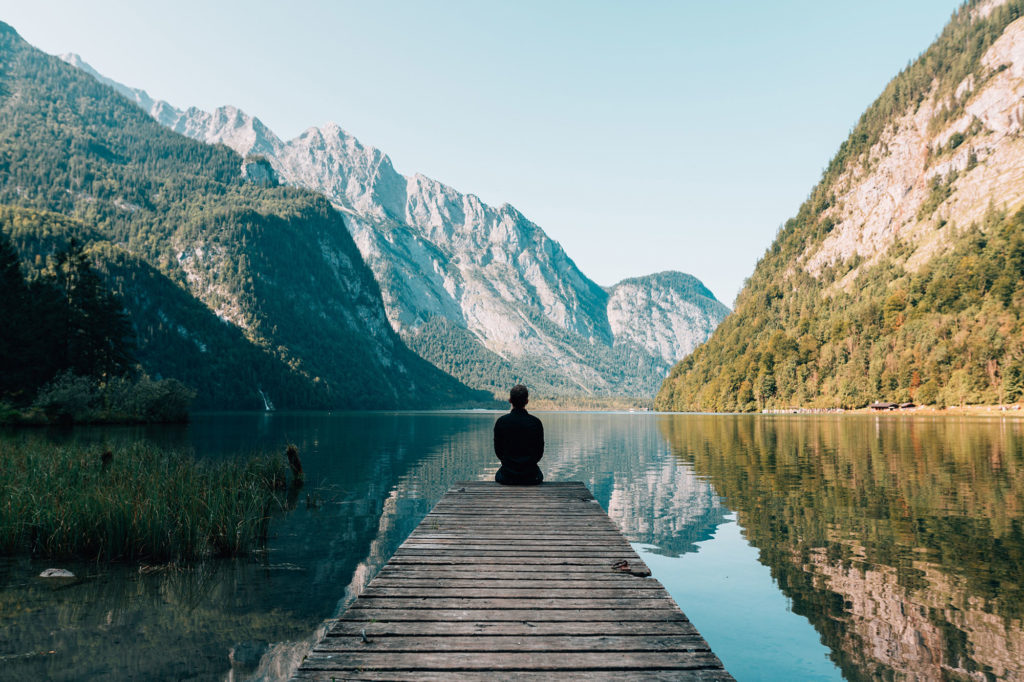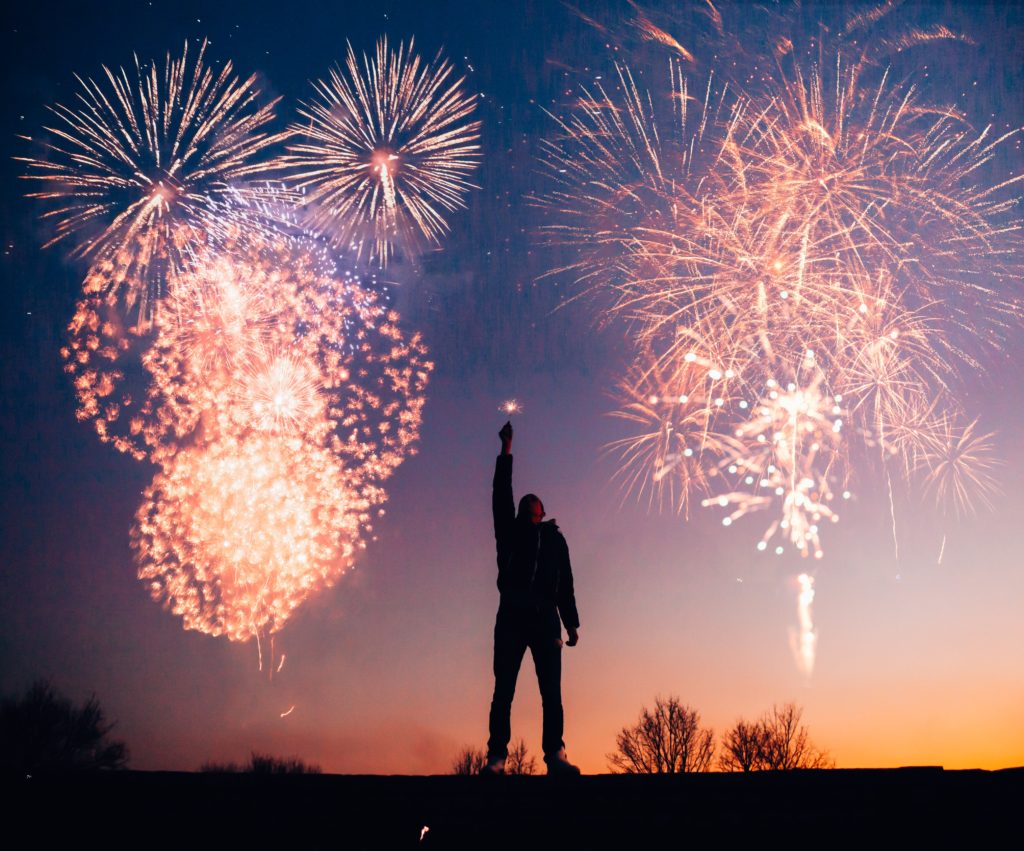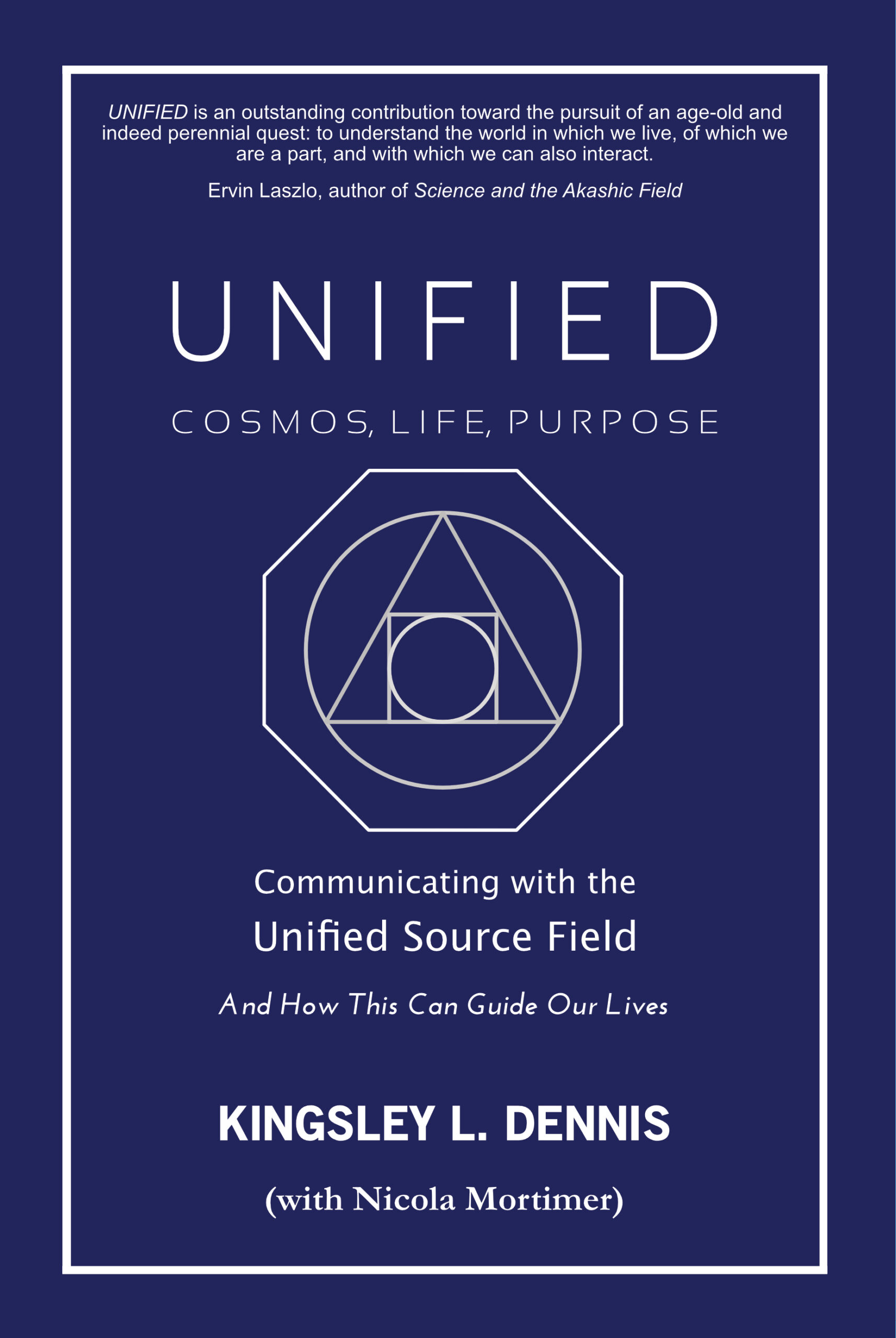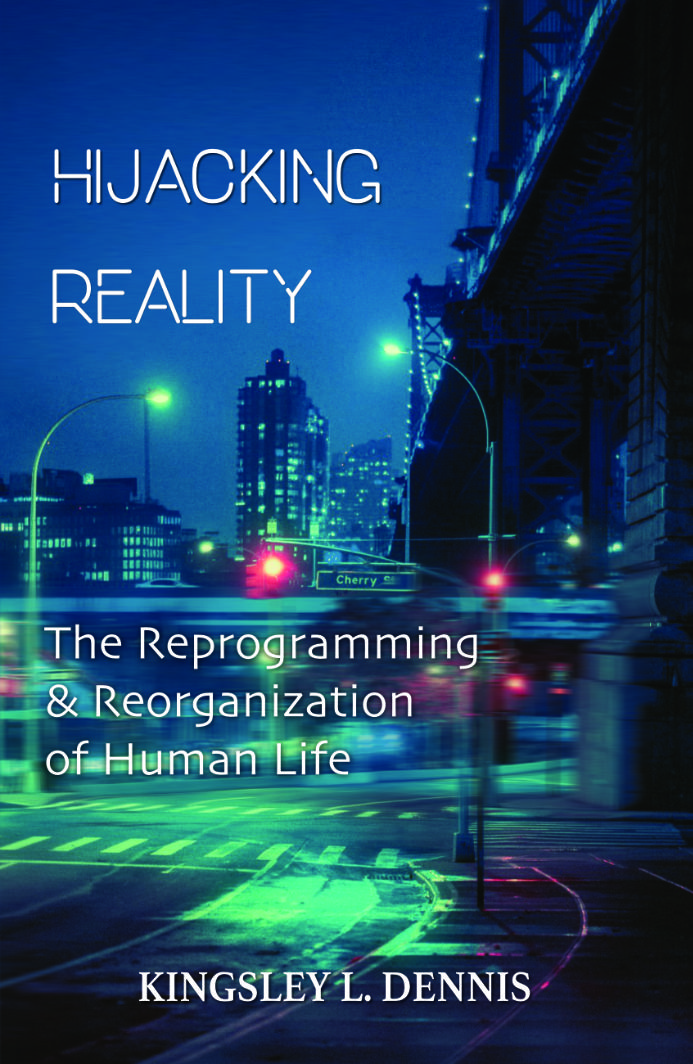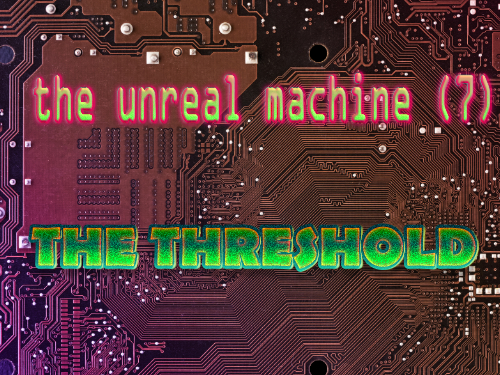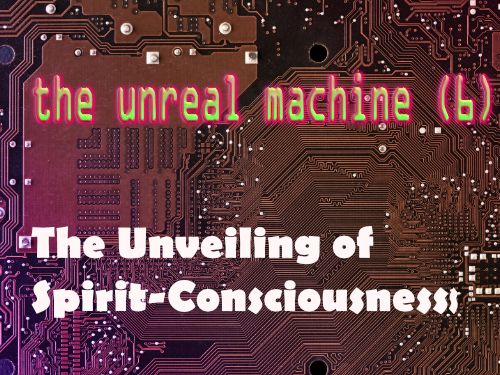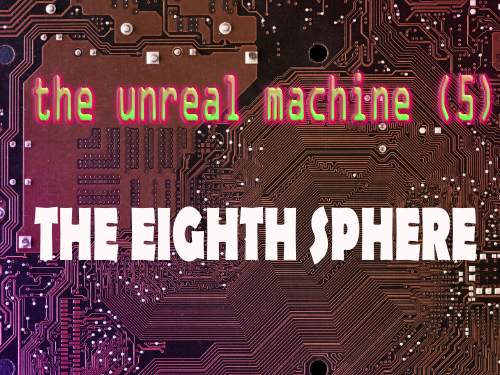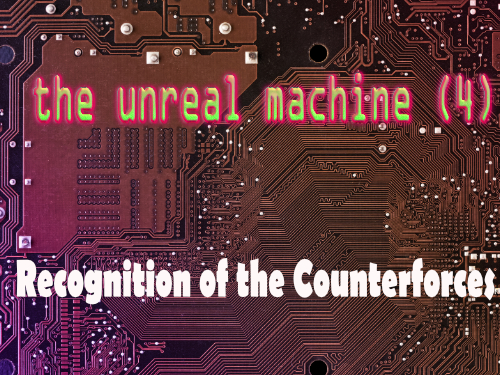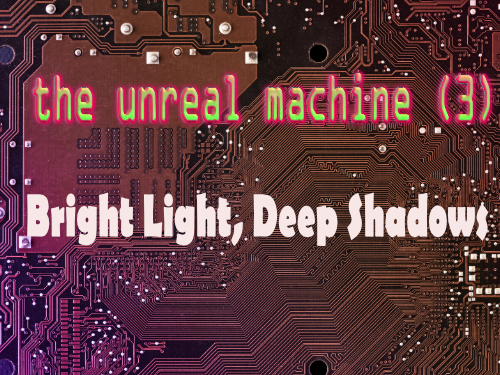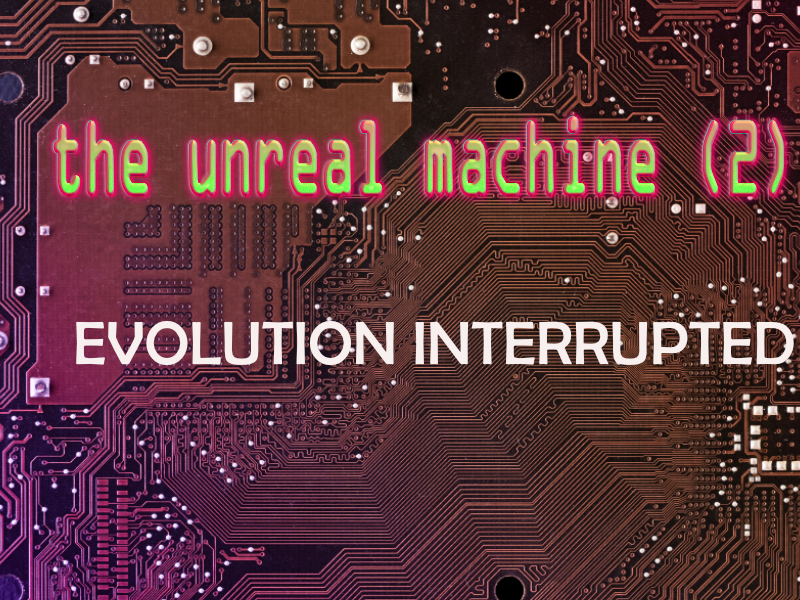A Time for Personal Responsibility?
‘The individual has to live in humanity as well as humanity in the individual’
Sri Aurobindo
In the gnostic Gospel of Thomas, it is written that Jesus pronounced: ‘There is light within a man of light, and it lights up the whole world. If he does not shine, there is darkness.’ Furthermore – ‘If you bring forth what is within you, what you bring forth will save you. If you do not bring forth what is within you, what you do not bring forth will destroy you.’ The inner resources each person has within them can bring insight, conscious awareness, and experiential knowing onto contemporary issues and their distress. It is essential to bring the inner world to bear onto the physical, material world. Both realms must participate and be in congruence. In order to achieve genuine solutions, each of us must be prepared to change and transform from within, and not just by changing our ideas. Each person has a responsibility not only to the outer world but also to their individual inner life.
A person cannot live by the conventions of society alone, or from the impacts and influences of everyday life. We need sustenance from a source that is beyond all social institutions, and from beyond the distractions and attractions of physical life. It is necessary to create a distance from the tirades that life brings us. Ironically, the newly imposed rules of social distancing may help us indirectly by triggering an awareness of a form of distancing in terms of energetic attachment and attention. In this, perhaps, a more acute state of self-awareness can develop as an antidote to the general state of social unconsciousness. One of the questions of our time should be about how to resist the conditioned conventions of the mass mind by cultivating new muscles of perception. It is a question of personal freedom of thought and perspective. Our choice is thus twofold: between recognizing the unconscious forces of the mass mind; and aiming for the personal development of our awareness to act as individuals. Freedom is a question of our responsibility. And our responsibility is likewise a question of freedom.
Dag Hammerskjold[i], the Swedish diplomat, wrote in his diary: ‘I don’t know Who – or What – put the question, I don’t know when it was put. I don’t even remember answering. But at some moment I did answer Yes to Someone – or Something – and from that hour I was certain that existence is meaningful and that, therefore, my life, in self-surrender, had a goal.’ 1 The responsibility of freedom, for Hammerskjold, was about saying ‘Yes’ to the unknown and ineffable source of trust in oneself.
Such meaning cannot be taught or given but must be lived and experienced. The living of such meaning is a mysterious process that is revealed through the poetic and lucid spontaneous connections in life. This is also the power of myth, dreams, and the imagination. The inner intuition can break down our cages of conditioning and allow us to see more clearly the situation we are in. This understanding has the power to directly change lives. Human freedom, with genuine conscious awareness, recognizes also the need for the social community, but not as an unconscious community. The human community needs to come together with at least a minimum of psychological insight. As the Indian sage Sri Aurobindo said – ‘The individual has to live in humanity as well as humanity in the individual.
When communities and individuals lack psychological insight, they are open and vulnerable to the impulses of the unconscious from within as without. That is, manifestations of the unconscious do not just occur within an individual’s mind but also within the mass psyche of the collective. Unawareness of such forces can bring about emotional, mental, and physical instability. It is a psychological trait that when our minds recognize a repressed force within ourselves, a corresponding expression manifests in our outer, physical world. The source for so many ills resides within us. This is because the psychic or soul reality is real. We are conditioned into thinking that ‘psychic’ elements or things of the spirit are inferior to the physical things of life because they are non-material. The images we have within us, however, can be just as powerful as those without. Modern society has neglected, or considered unimportant, the power of psychic phenomenon. As a result, we are oppressed by forces that can dominate our own psychic lives.
What humanity is largely experiencing today is the moral uncertainty that precedes a new understanding as the old morality enters its death phase. As we each gain awareness and trust our intuition – our personal gnosis – we gain a new orientation to the world. We uncage ourselves and find a new freedom. The ultimate human question is in finding this freedom and to make steps towards it.
The first step, and responsibility, is to recognize and identify the shadows of our unconscious that then manifest as external dominant forces. It will ultimately help us to know and accept the presence of the oppressive forces close to us. Mental and emotional balance comes not only from an acceptance of the reality of malevolent forces but also from the recognition of false optimism. The presence of false optimism is like the presence of false gold. It exists because the real gold exists. The commercialization and consumerism of false optimism has been part of what became known as the ‘New Age’ phenomenon. Whilst it is important to have a clear focus, concentration, and a grounded mindset, there is danger in the gilded roses distracting us from the alertness of the inner vision. Rose-colored spectacles are no compensation for our own intuitive penetrating gaze. Finally, we may ask ourselves – in the face of all these challenges and the danger of a fool’s paradise: what can I do about this?
To this question the remarkable Carl Gustav Jung answered: ‘To the constantly reiterated question “What can I do?” I know no other answer except “Become what you have always been,” namely, the wholeness which we have lost in the midst of our civilized, conscious existence, a wholeness which we always were without knowing it.’2 As long as the majority of people expect all problems to be solved outside of themselves our societies will continue to be dominated by unruly forces. The question of human freedom from these forces depends upon people willing to assume the responsibility of conscious awareness. We each have a power for creating change that we carry around with us, literally, each moment of our lives – why do so many people fail to make use of it? The great perennial task of humanity has always been the same: to become what we have always been, and to show others the way by our own individual presence and behavior. Through our deliberate and conscious presence, we can assist others to become what they have always been also. As it was written in the gnostic Gospel of Truth almost two thousand years ago –
‘That it is in you that this light, which does not fail, dwells…Speak of the truth with those who seek it…You who are the children of the understanding heart…Joy to the man who has discovered himself, and awakened and blessed is he who openeth the minds of the blind.’3
We are asked to be ‘children of the understanding heart’ – a call that has rung out over millennia. It is a perennial call and it will always continue to ring out, for those with ears to hear. We are called to transform from ‘I am what I have,’ to ‘I am what I do,’ to ‘I am what I am.’
This is the answer to one of the questions of our times – and it is the human question. Jung was right when he said that we should become what we have always been – I am what I am. When we are finally able to heal ourselves from within then, and only then, can we heal others and the world without. Everything begins from the source: I am. The power for change begins and ends with us, the individual – not from the hand of a minority elite. The individual has to live within the heart of humanity, as will humanity ever exist within the heart of each person. The question of responsibility is to resist the forces of dehumanization. To defy the forces that place us as anonymous numbers within algorithms. The responsibility is to grow into our humanhood – and to become the humanity that has always awaited us. A humanity within each individual – an individual within our humanity. I am because We are.
Endnotes
1 Hammersjold, Dag. 1964. Markings. New York: Alfred A. Knopf, p169
2 Cited in Hoeller, Stephan A. 2014. The Gnostic Jung and the Seven Sermons to the Dead. Wheaton, IL: Quest Books, p215
3 Cited in Hoeller, Stephan A. 2014. The Gnostic Jung and the Seven Sermons to the Dead. Wheaton, IL: Quest Books, p216-7
[i] Hammerskjold was also the second Secretary-General of the United Nations from April 1953 until his death in a plane crash in September 1961.


